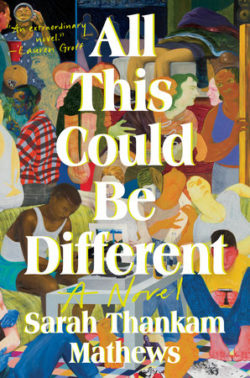

Our home, which cost $30,000, was like a child’s drawing of a suburban home: a square block with a door and a window on the ground floor and two windows on the story above, one looking out from my bedroom and the other from Tom’s. More precisely, we moved to the town of Lexington, Massachusetts, a community of thirty thousand people which sat a dozen miles outside Boston. And he wonders if any of that trinity of his youth- The Flag, the Cross, and the Station Wagon-could, or should, be reclaimed in the fight for a fairer future.Ī Macmillan Audio production from Henry Holt and Co.In my tenth year, in 1970, my family-my mom, my dad, my seven-year-old brother, and I-moved into the American suburbs. In this revelatory cri de coeur, McKibben digs deep into our history (and his own well-meaning but not all-seeing past) and into the latest scholarship on race and inequality in America, on the rise of the religious right, and on our environmental crisis to explain how we got to this point. And with the remarkable rise of suburbia, he assumed that all Americans would share in the wealth.īut fifty years later, he finds himself in an increasingly doubtful nation strained by bleak racial and economic inequality, on a planet whose future is in peril.Īnd he is curious: What the hell happened?

As a teenager, he cheerfully led American Revolution tours in Lexington, Massachusetts. Like so many of us, McKibben grew up believing-knowing-that the United States was the greatest country on earth. "I'm curious about what went so suddenly sour with American patriotism, American faith, and American prosperity."

"Narrator Eric Jason Martin adds gusto to this mini-memoir, which spans much of author Bill McKibben's lifetime."- AudioFile on The Flag, the Cross, and the Station Wagonīill McKibben-award-winning author, activist, educator-is fiercely curious.


 0 kommentar(er)
0 kommentar(er)
